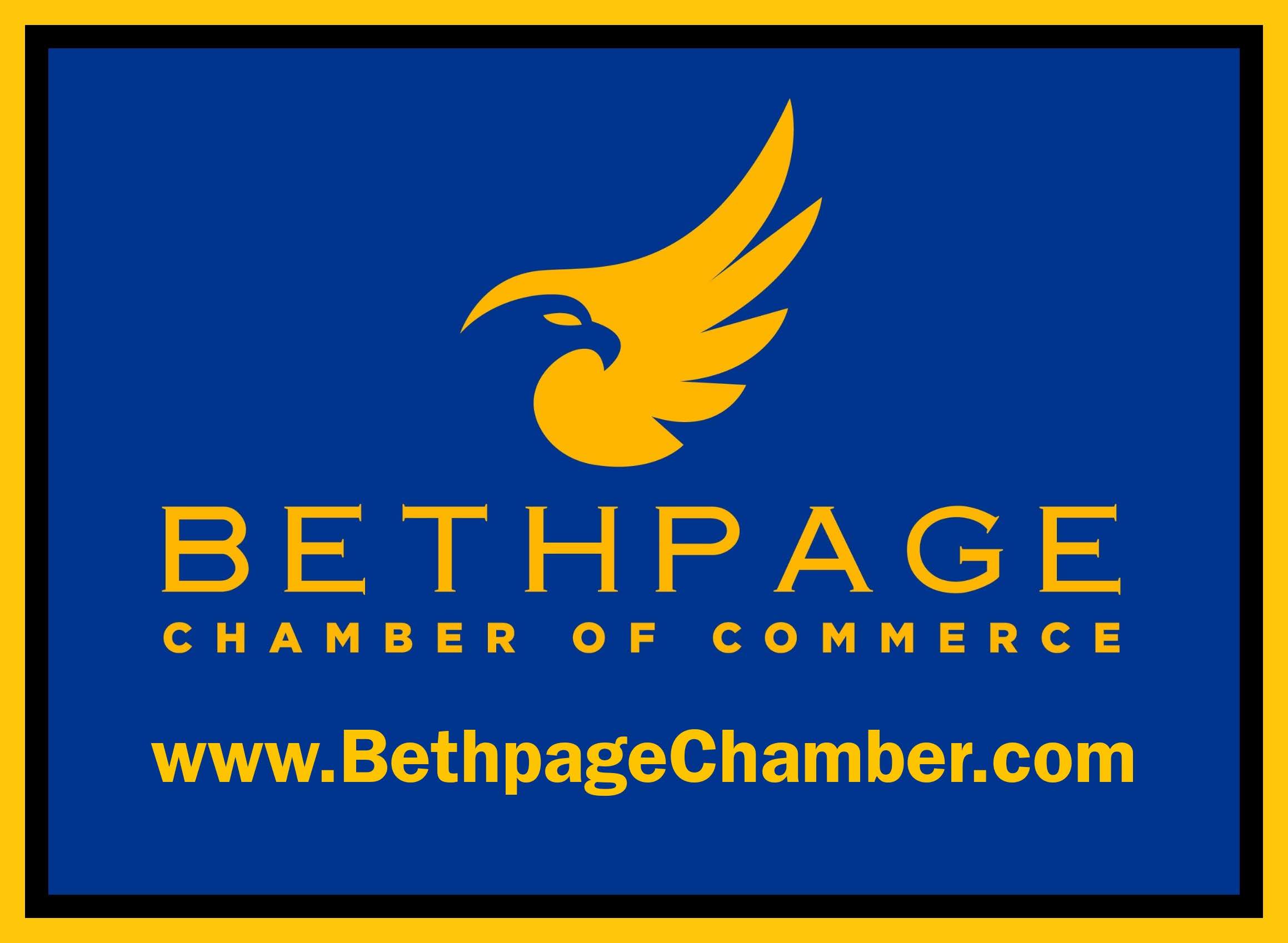REOPENING GUIDANCE AND RESOURCES
NEW YORK FORWARD LOAN FUND
New York Forward Loan Fund (NYFLF) is a new economic recovery loan program aimed at supporting New York State small businesses, nonprofits and small landlords as they reopen after the COVID-19 outbreak and NYS on PAUSE.
NYFLF targets the state’s small businesses with 20 or fewer full-time equivalent (FTE) employees (90% of all businesses), nonprofits and small landlords that have seen a loss of rental income. Click here for more information on how to apply
New York Forward Business Reopening Lookup Tool
SBA: Coronavirus (COVID-19): Small Business Guidance & Loan Resources
Information regarding:
- Paycheck Protection Program
- Economic Injury Disaster Loans and Loan Advance
- SBA Debt Relief
- SBA Express Bridge Loans
- Guidance for Businesses and Employers
- SBA Products and Resources
- Government Contracting
- Local Assistance
SBA: YouTube Webinar
SBA Economic Injury Disaster Loan Basics
Covers the basics of the COVID-19 SBA Economic Injury Disaster Loan process. A Q&A session is included.
US Chamber: Federal Small Business Stimulus Aid Programs
A breakdown of all the federal programs and aid for small business coronavirus assistance.
US Chamber: Small Business Loan Guide
What you need to know about applying for a small business loan.
Department of Labor - Unemployment Assistance
Important Information for Unemployment Insurance Claimants.
Paid Family Leave & Disability Benefits
Stay Safe Online
A compilation of tips and recommendations from National Cyber Security Alliance and its partners on ways to stay safe online, as well as how to avoid cyber threats and scams during this pandemic.
Empire State Development
GUIDANCE FOR DETERMINING WHETHER A BUSINESS ENTERPRISE IS SUBJECT TO A WORKFORCE REDUCTION UNDER EXECUTIVE ORDER 202.6
CDC - Centers for Disease Control & Prevention
US Departments of Treasury and Labor Information on Paid Leave and Small Business Assistance
Small Business Administration
SBA Disaster Assistance to New York Small Businesses Economically Impacted by the Coronavirus (COVID-19)
Small Business Guidance & Loan Resources
Nassau County Health Department
Nassau County Coronavirus Hotline: 516-227-9570
MAP OF NASSAU COUNTY DEPARTMENT OF HEALTH COVID-19 POSITIVE TESTS
Tips for Businesses Affected by COVID-19
-Track your expenses and losses during this period
-Keep all receipts
All businesses are encouraged to email disastercustomerservice@sba.gov and CC: Nassau County at SmallBusinessImpact@NassauCountyny.gov so the county can track what businesses are being affected.
Governor Cuomo announced the "New York State on PAUSE" executive order, a 10-point policy to assure uniform safety for everyone.
The 10-point NYS on PAUSE plan is as follows:
- Effective at 8PM on Sunday, March 22, all non-essential businesses statewide will be closed;
- Non-essential gatherings of individuals of any size for any reason (e.g. parties, celebrations or other social events) are canceled or postponed at this time;
- Any concentration of individuals outside their home must be limited to workers providing essential services and social distancing should be practiced;
- When in public individuals must practice social distancing of at least six feet from others;
- Businesses and entities that provide other essential services must implement rules that help facilitate social distancing of at least six feet;
- Individuals should limit outdoor recreational activities to non-contact and avoid activities where they come in close contact with other people;
- Individuals should limit use of public transportation to when absolutely necessary and should limit potential exposure by spacing out at least six feet from other riders;
- Sick individuals should not leave their home unless to receive medical care and only after a telehealth visit to determine if leaving the home is in the best interest of their health;
- Young people should also practice social distancing and avoid contact with vulnerable populations; and
- Use precautionary sanitizer practices such as using isopropyl alcohol wipes

